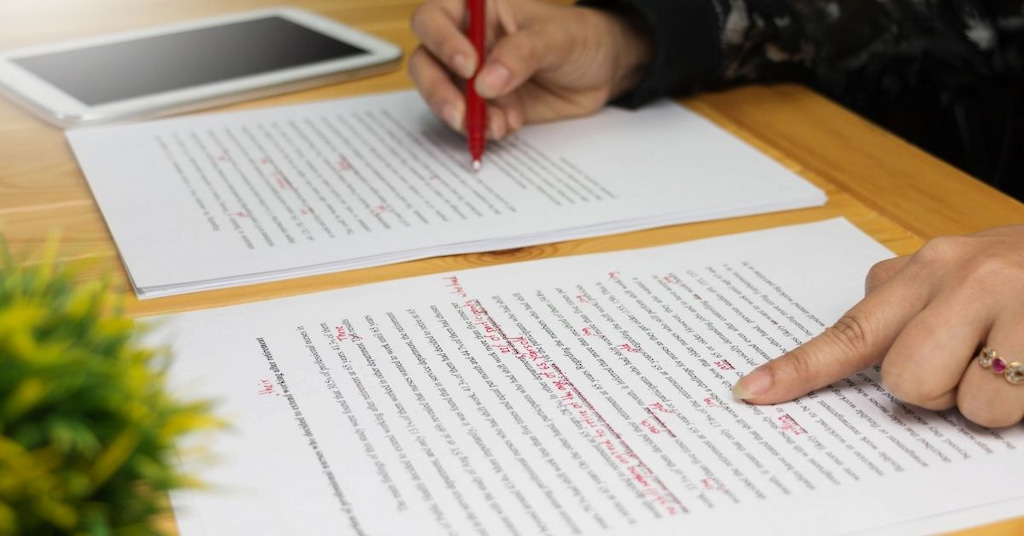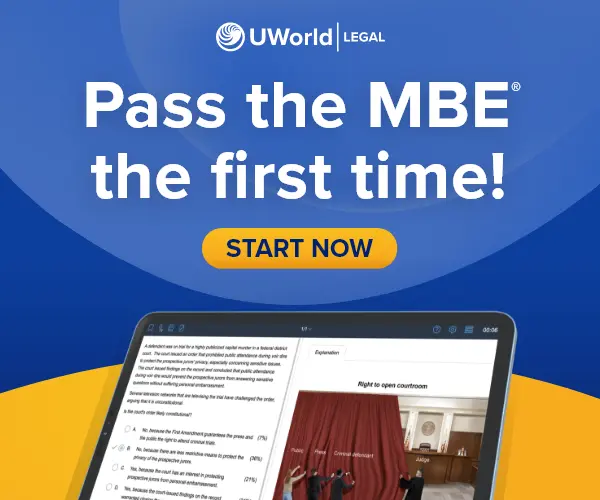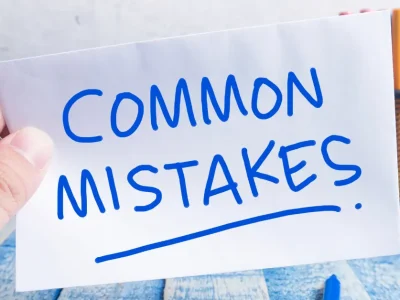Having someone else proofread your writing is always a good idea. Fresh eyes are best suited for catching your typos, misplaced commas, and other errors. Your editor doesn’t know what you’re going to say or what your conclusion will be until she reads your work, so your writing will naturally be reviewed with more awareness and fewer preconceptions.
But what if that’s not an option (say, during an exam … or at 2 in the morning)? How do you spot the errors in your own work? We’re glad you asked! Use these “Do”s and “Don’t”s for putting the final polish on your legal writing:
- DO use spellcheck. It’s an easy way to identify typos in your work.
- DON’T rely exclusively on spellcheck. As helpful as it is, spellcheck misses things! So if you have that gnawing feeling that you’ve misspelled a word (or used the wrong one), check a dictionary. And if you’re anxious about adverbs or tense about tense, check a style manual (chicagomanualofstyle.org is outstanding).
- DO develop a proofreading system. For example, many legal proofreaders review one type of error at a time (e.g., spelling, spacing, grammar, punctuation). Others use the “Enter” key after every period to make each sentence a separate paragraph for ready review. Some read their document backwards. Experiment with different approaches until you find one that works for you!
- DON’T rush. Sometimes spitting out a quick “stream of consciousness” draft of a memo or brief is a good way to get your thoughts on “paper” before you forget them. But proofreading has to be slow and steady. Spend some time away from your writing (if possible), take a deep breath, read every word, review every punctuation mark, and take your time.
- DO find a quiet place to work. You’re bound to miss some things if you proofread while watching a ballgame or your favorite flick. Instead, pick a time and place that allow you to concentrate without distractions.
- DON’T just rely on your eyes. Read your document out loud. It will force you to focus on each word and punctuation mark individually and will up the odds that you’ll spot any mistakes.
- DO proofread more than once. Just because you’re looking for mistakes doesn’t mean you’ll spot every one the first time around. So give yourself a second (or third) chance to catch that dangling participle or misplaced apostrophe.
Proofreading is important. Don’t let editing errors distract your reader from the interesting stuff you have to say. Employ these proofreading strategies so that your writing makes a stellar impression!
To see these writing tips in action, take a look at UWorld’s expertly crafted explanations. Click here to access the UWorld MBE® QBank or purchase a subscription.
MBE® is a registered trademark of The National Conference of Bar Examiners® (NCBE®). NCBE does not endorse, promote, or




